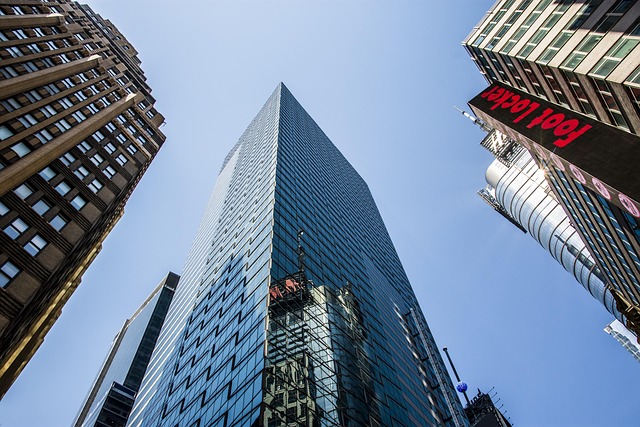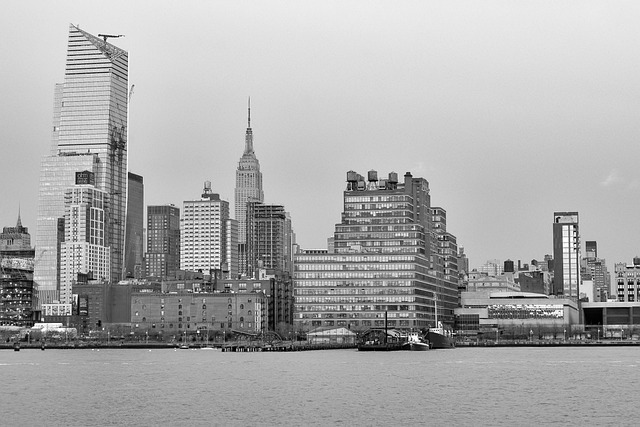In New York State, the Spam Call law protects consumers from unwanted telemarketing calls with strict guidelines on call timing, consent, and opt-out mechanisms. Enforced by the Attorney General's Office, compliance is crucial to avoid legal issues and penalties up to $1,000 per call. Consumers are encouraged to file complaints, while businesses should consult a Spam Call law firm in New York for navigating these complex regulations to maintain a positive reputation.
In the dynamic digital landscape, understanding the legal requirements for telemarketing is paramount, especially in a bustling metropolis like Queens, NY. This article delves into the intricate web of laws and regulations that govern telemarketing practices, focusing on spam calls. We explore what constitutes illegal spam under New York State law and the penalties associated with it. Additionally, we outline the rights and responsibilities of telemarketers operating within the state, highlighting key insights from a leading Spam Call law firm in New York.
Understanding Telemarketing Laws in New York State

In New York State, telemarketing is subject to specific regulations designed to protect consumers from unwanted or deceptive calls, often referred to as spam. The state’s Spam Call law imposes strict guidelines on businesses engaging in outbound telephone marketing campaigns. This includes restrictions on when and how calls can be made, as well as requirements for obtaining consumer consent. Businesses must also provide a clear opt-out mechanism, allowing recipients to stop receiving calls easily.
New York’s regulations are comprehensive, ensuring transparency and fairness in telemarketing practices. The laws are enforced by the New York Attorney General’s Office, which actively investigates complaints related to spam calls. Compliance with these rules is crucial for businesses to avoid legal repercussions and maintain a positive public image. For assistance navigating the complex landscape of telemarketing laws, consulting a Spam Call law firm in New York can be beneficial.
What Constitutes Spam Calls and Penalties in Queens

In Queens, NY, a Spam Call refers to unsolicited telephone calls or messages made for marketing purposes by an automated dialing system, prerecorded messages, or artificial or prerecorded voices. These calls are often considered intrusive and a violation of privacy. The New York Spam Call law firm strictly regulates such activities to protect consumers from unwanted and deceptive telemarketing practices.
Penalties for violating these laws can be severe, including substantial fines and legal liabilities. Businesses found guilty of making spam calls may face penalties ranging from $500 to $1,000 per call, with additional damages if it’s determined that the calls caused harm or financial loss to the recipients. Consumers who experience such violations have the right to file complaints with the New York State Attorney General’s office, which can lead to investigations and legal actions against the offending companies.
Rights and Responsibilities of Telemarketers in NY

In New York, telemarketers have specific rights and responsibilities outlined by the state’s Spam Call laws and regulations. These rules aim to protect consumers from unwanted phone solicitations while ensuring fair practices for legitimate businesses. Telemarketers must obtain prior express written consent from potential customers before initiating calls, a requirement enforced by the New York Attorney General’s office. This consent can be withdrawn at any time, and telemarketers must respect these opt-out requests.
Additionally, telemarketers in NY are prohibited from using deceptive or misleading practices, such as pretending to be someone they’re not or making false promises. They should clearly disclose the nature of their business and the purpose of the call. Violations of these laws can result in significant fines and legal repercussions for violators, so it’s crucial for telemarketers to stay informed about their rights and responsibilities under New York’s Spam Call law firm regulations.






